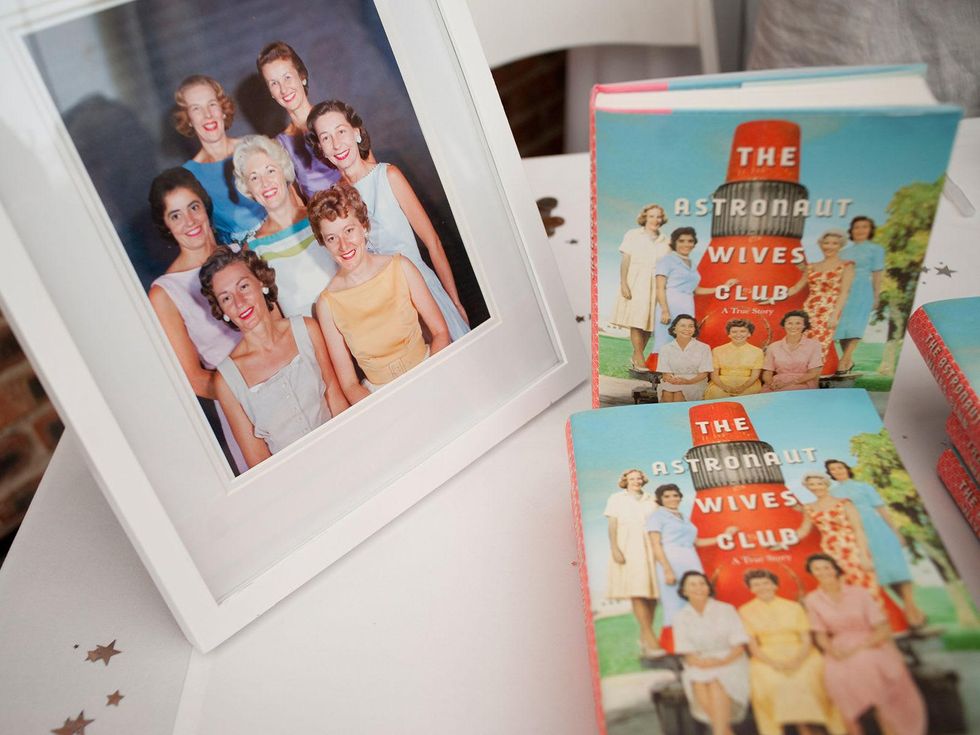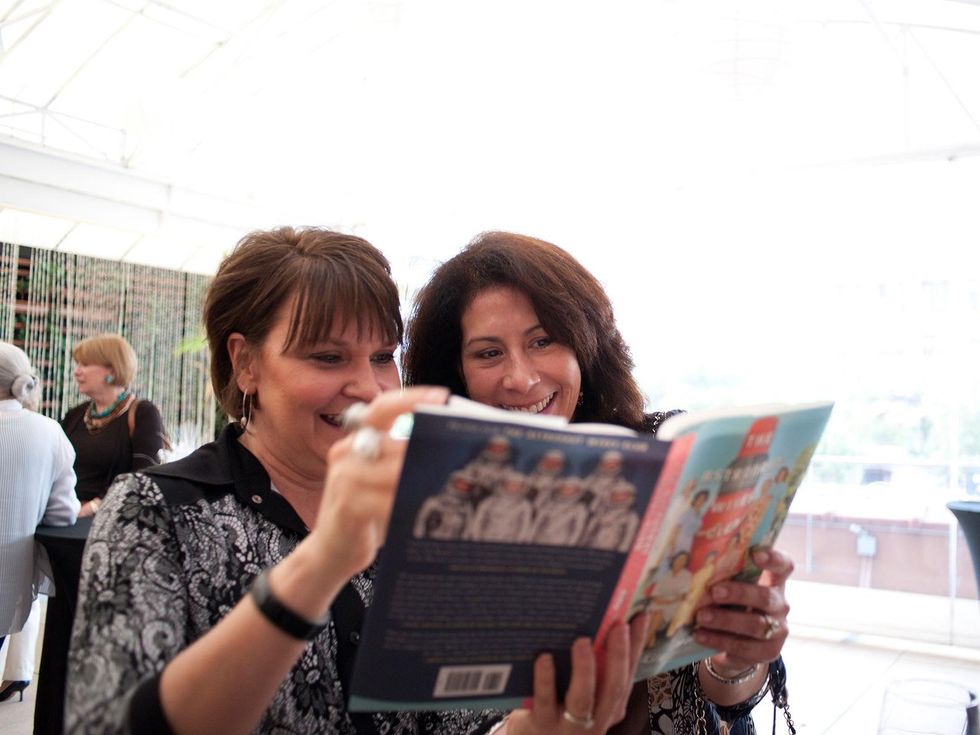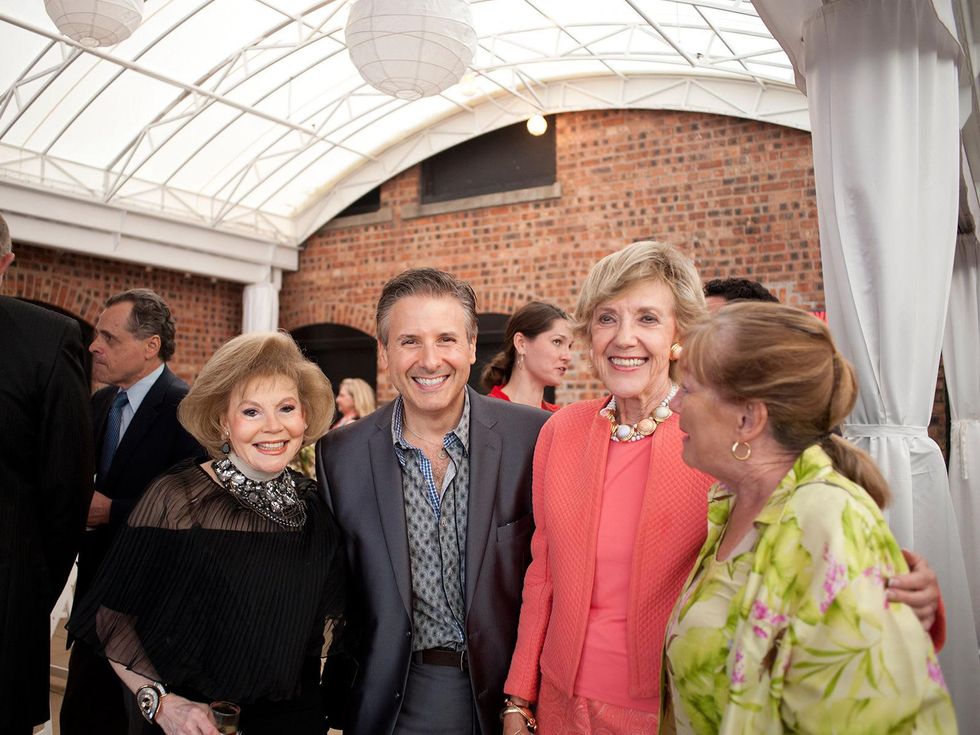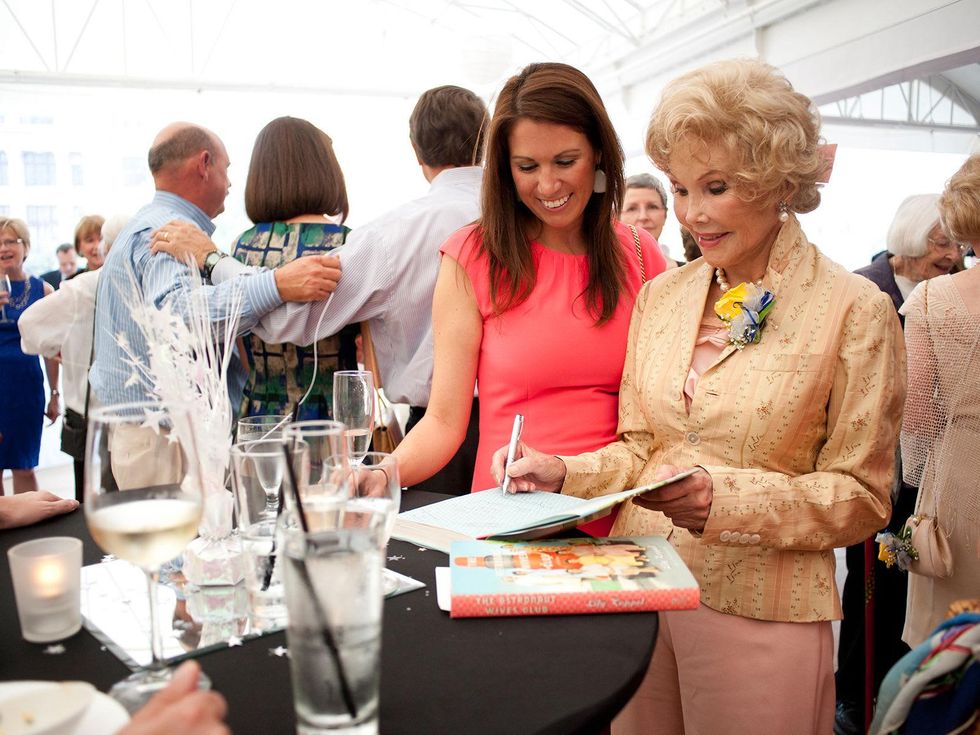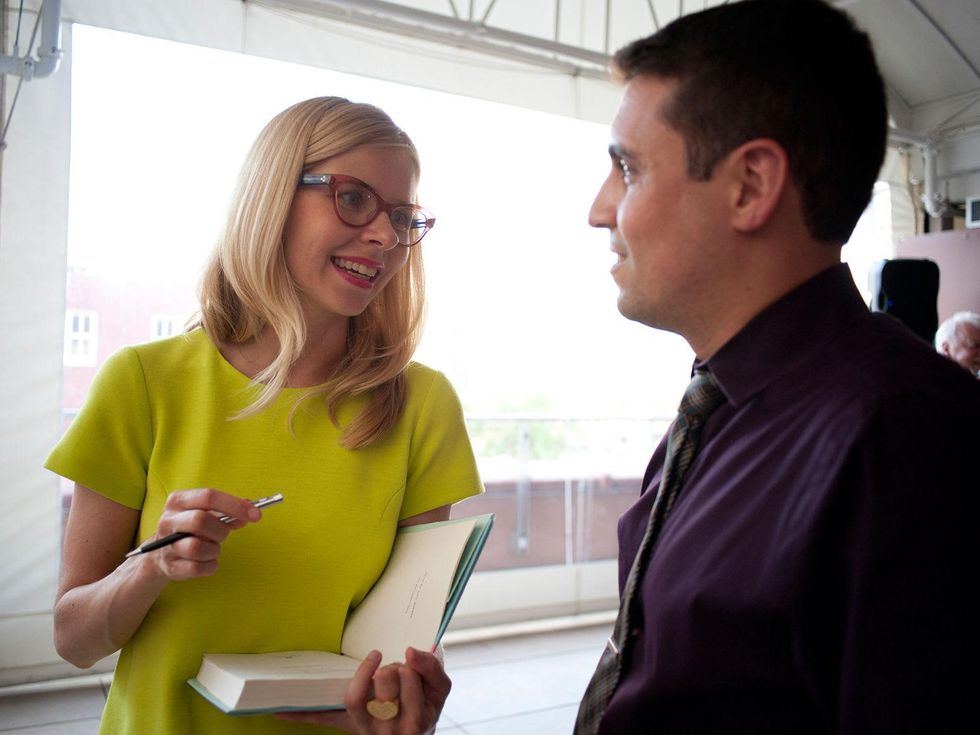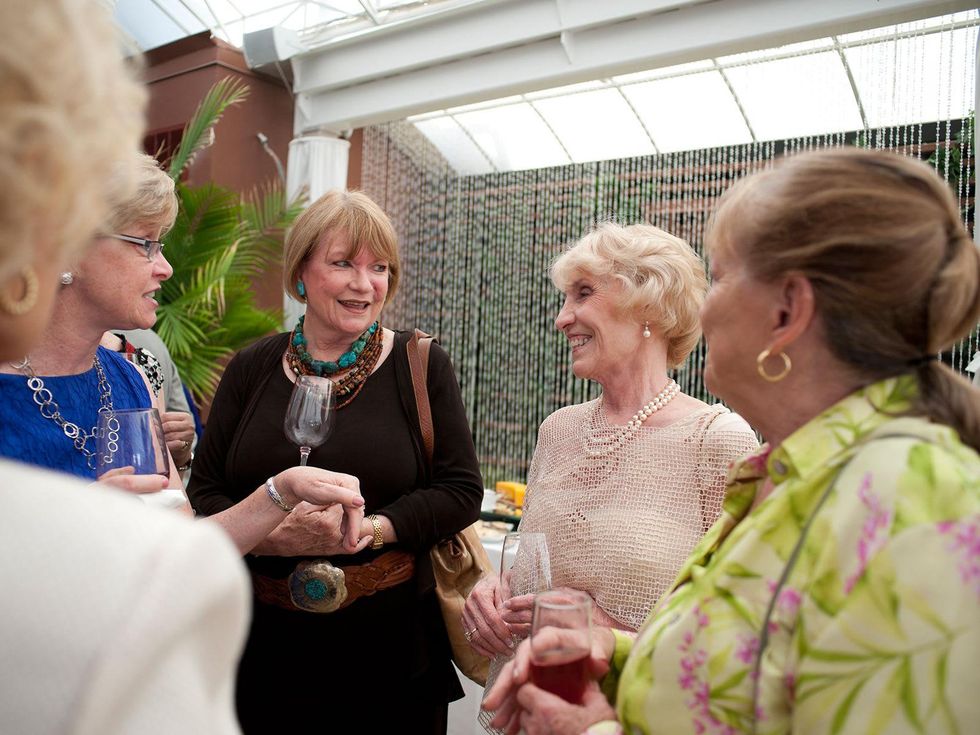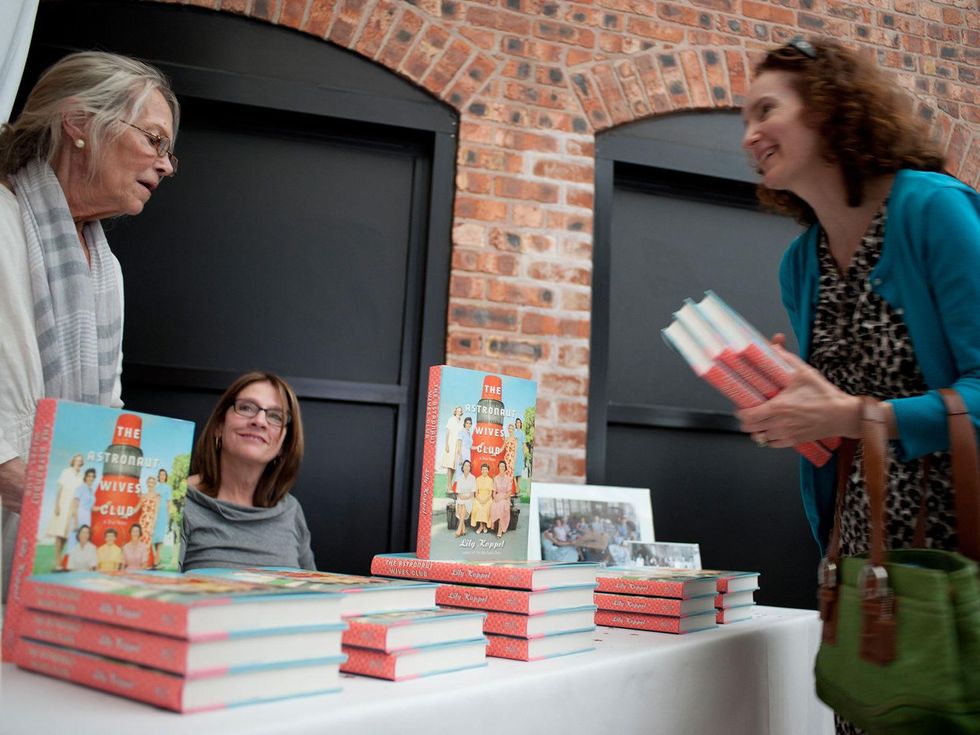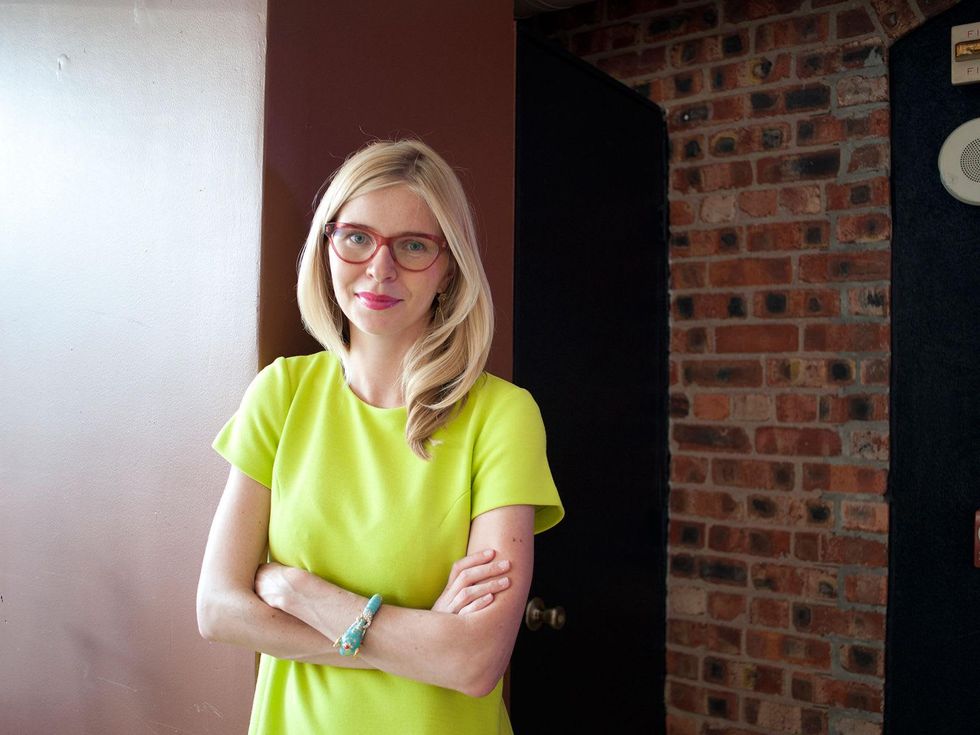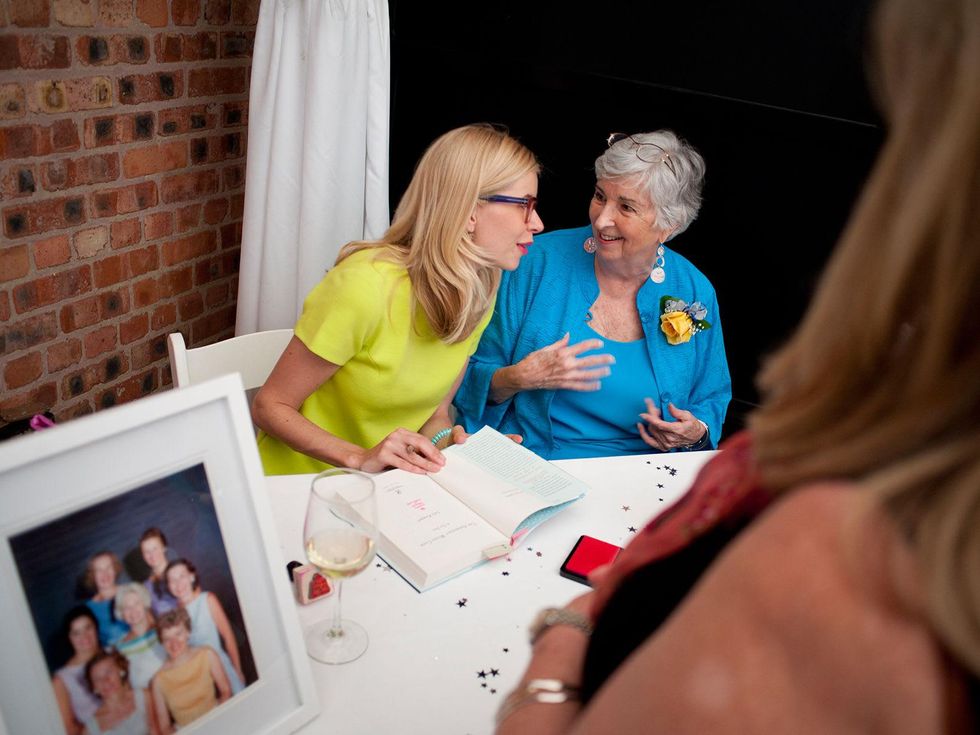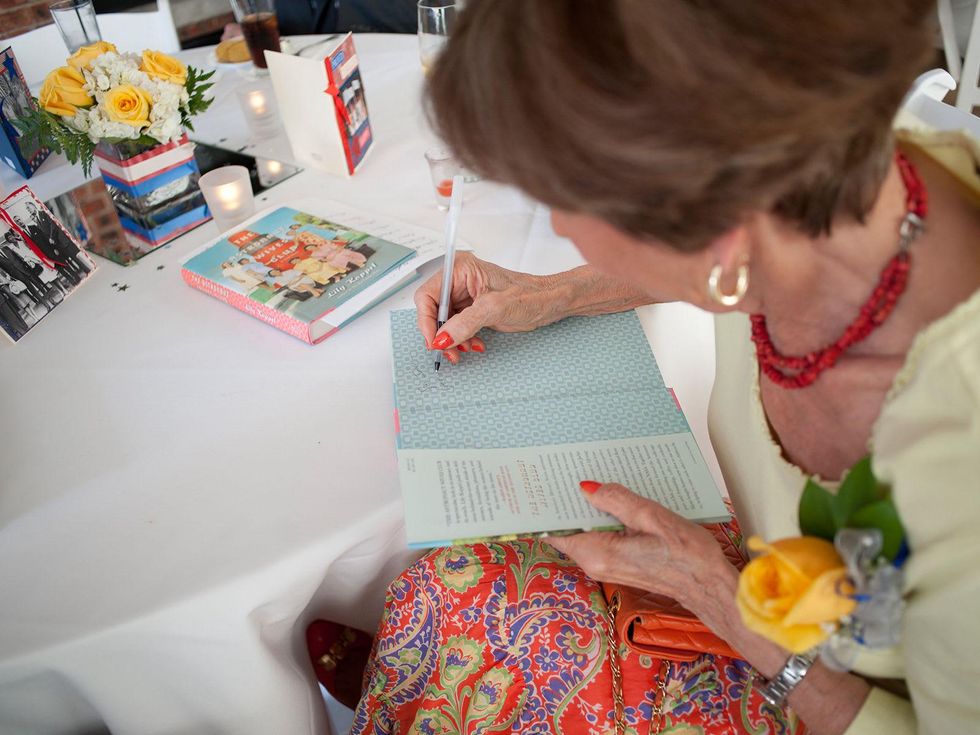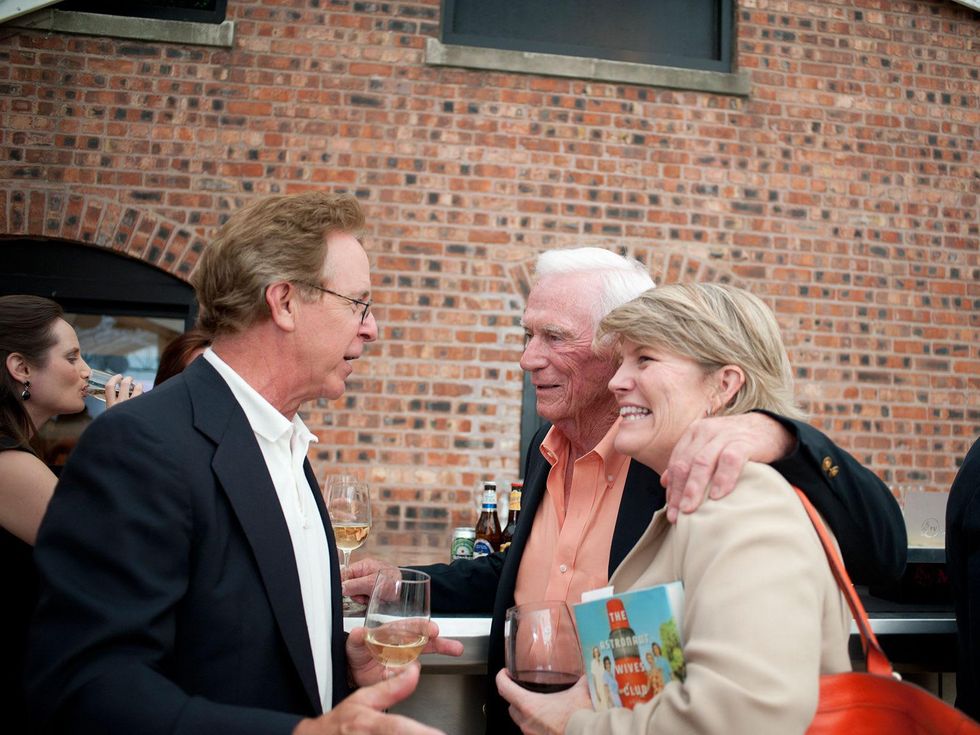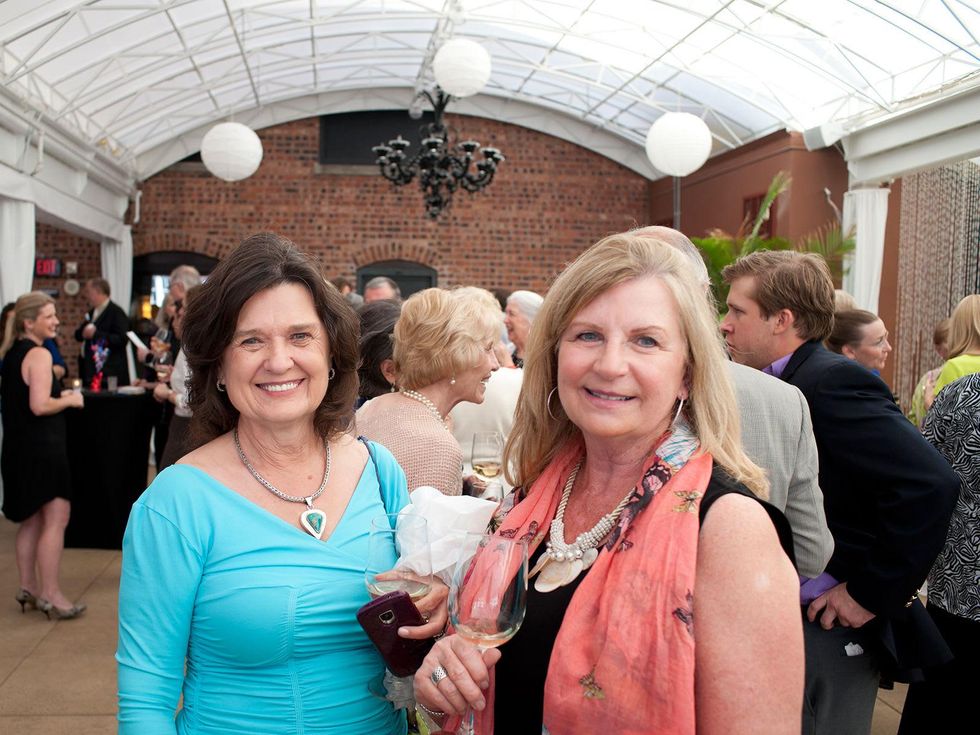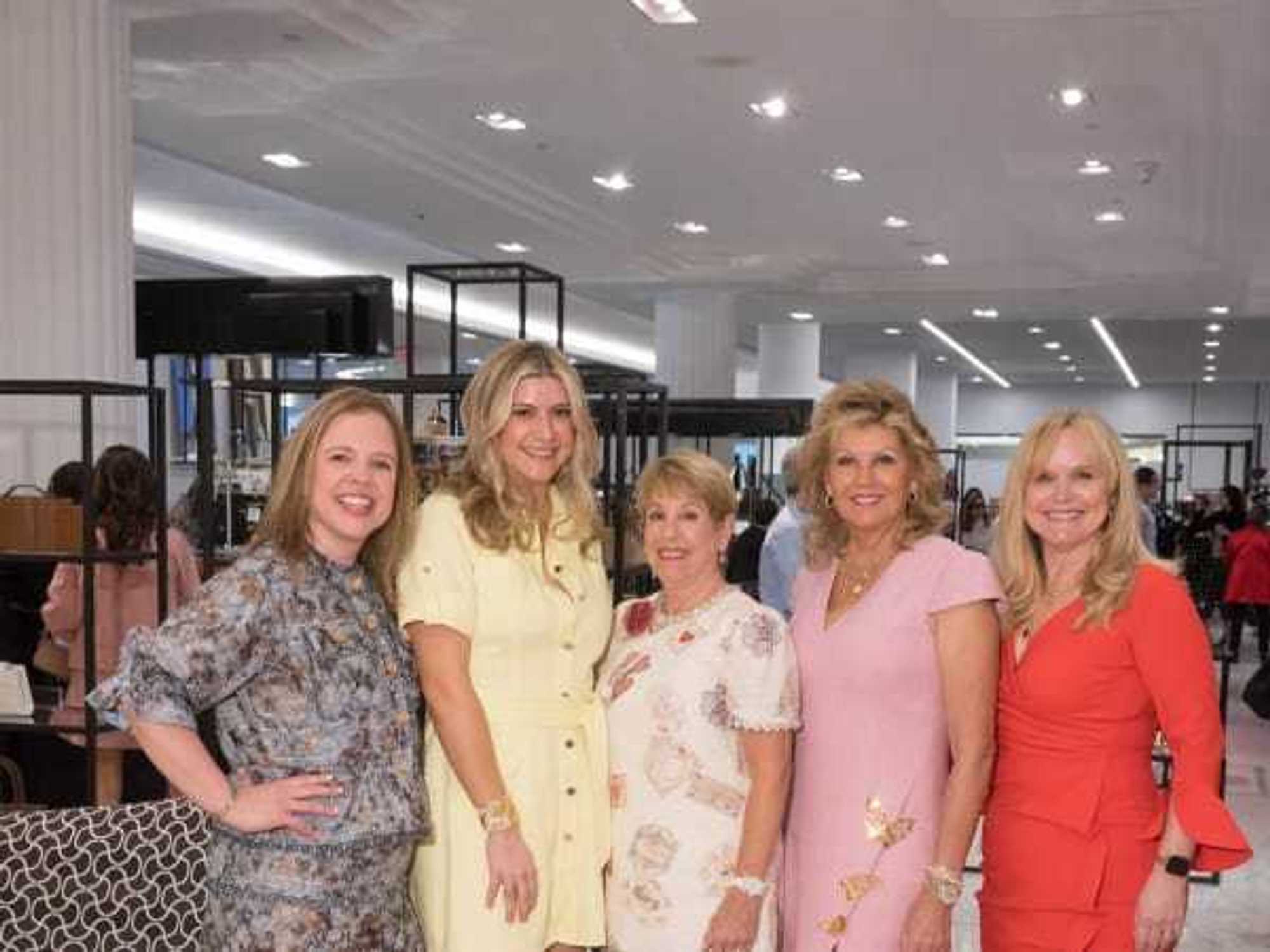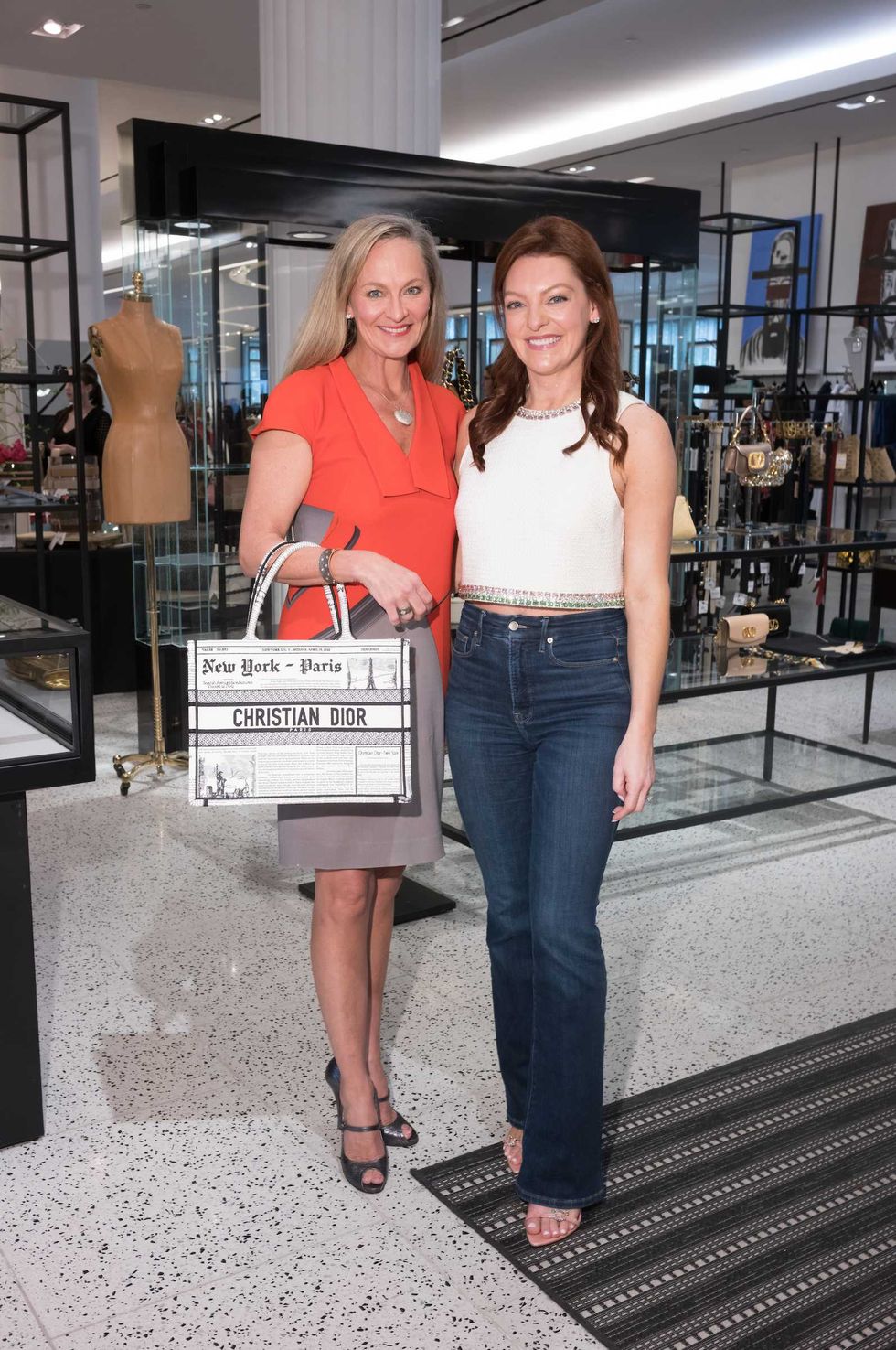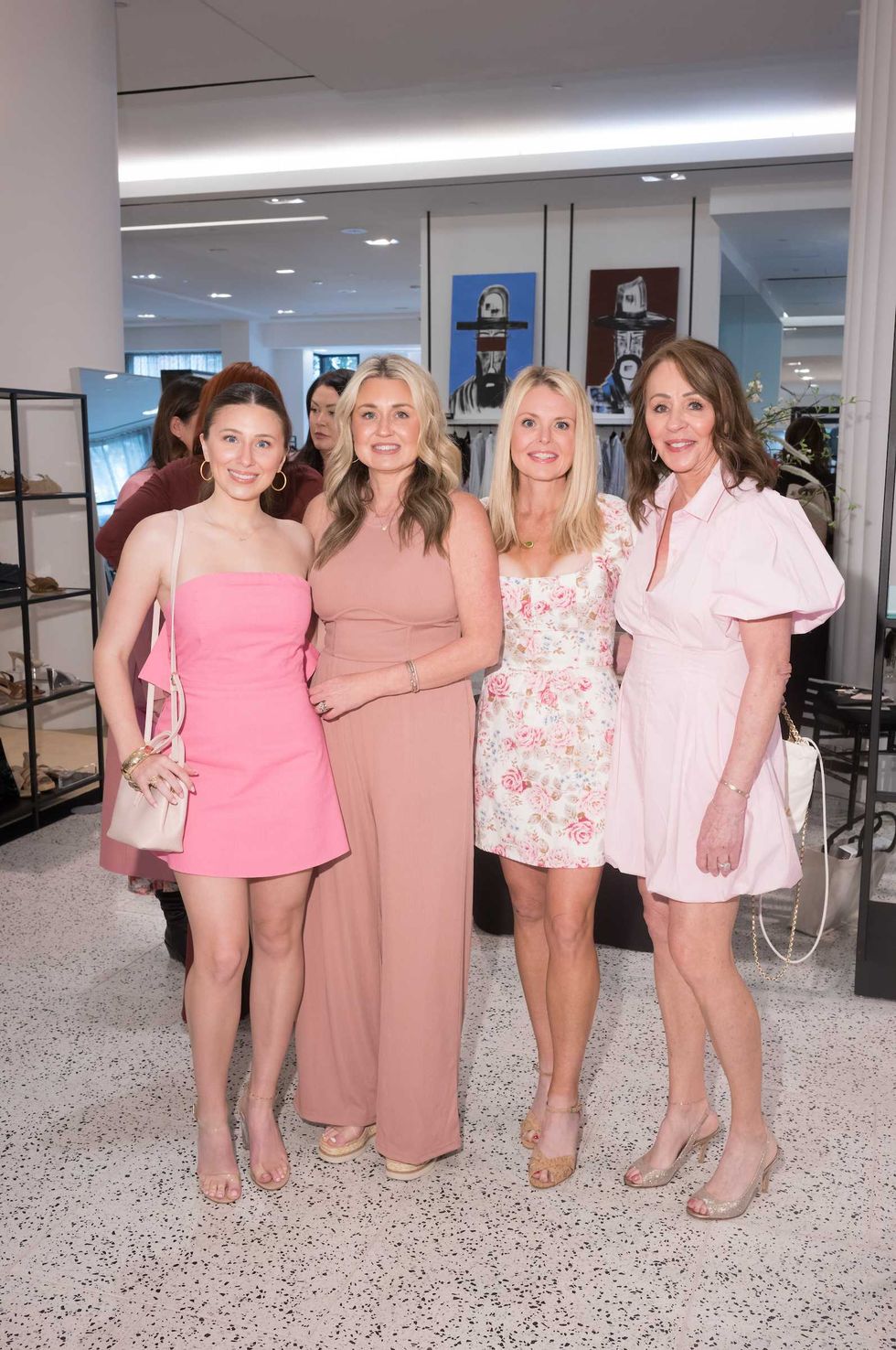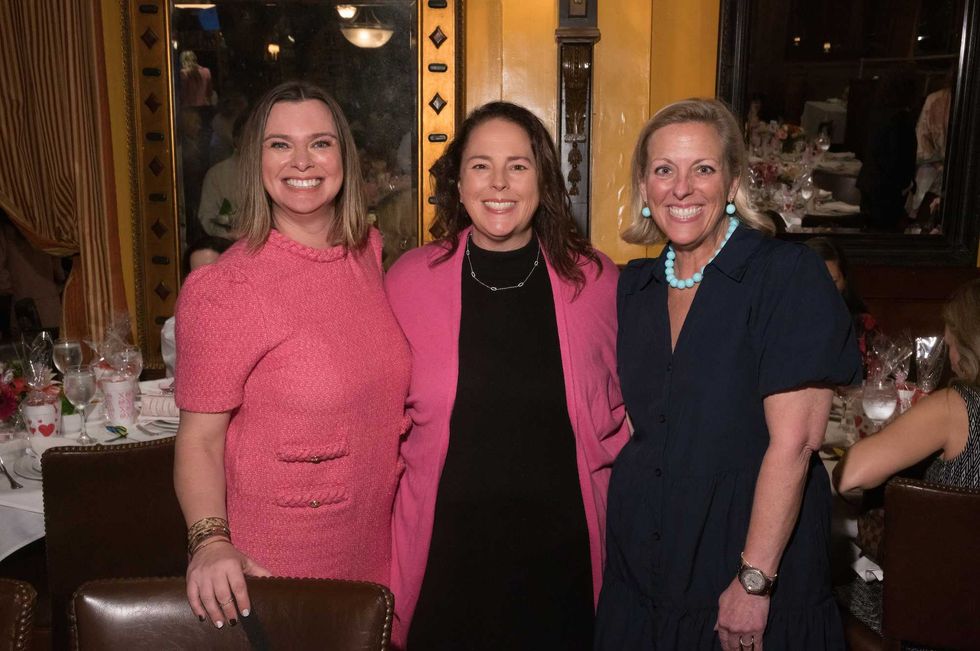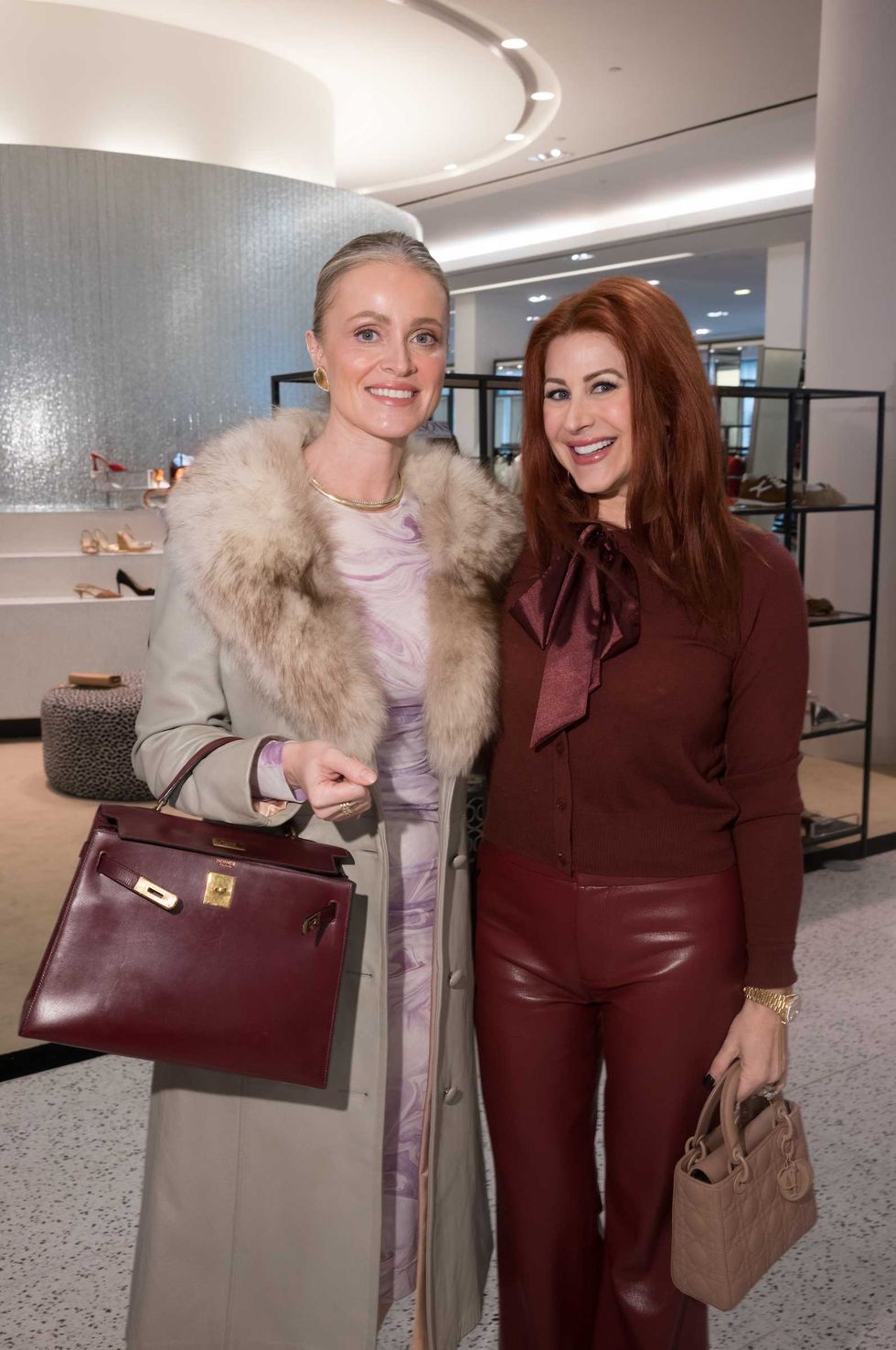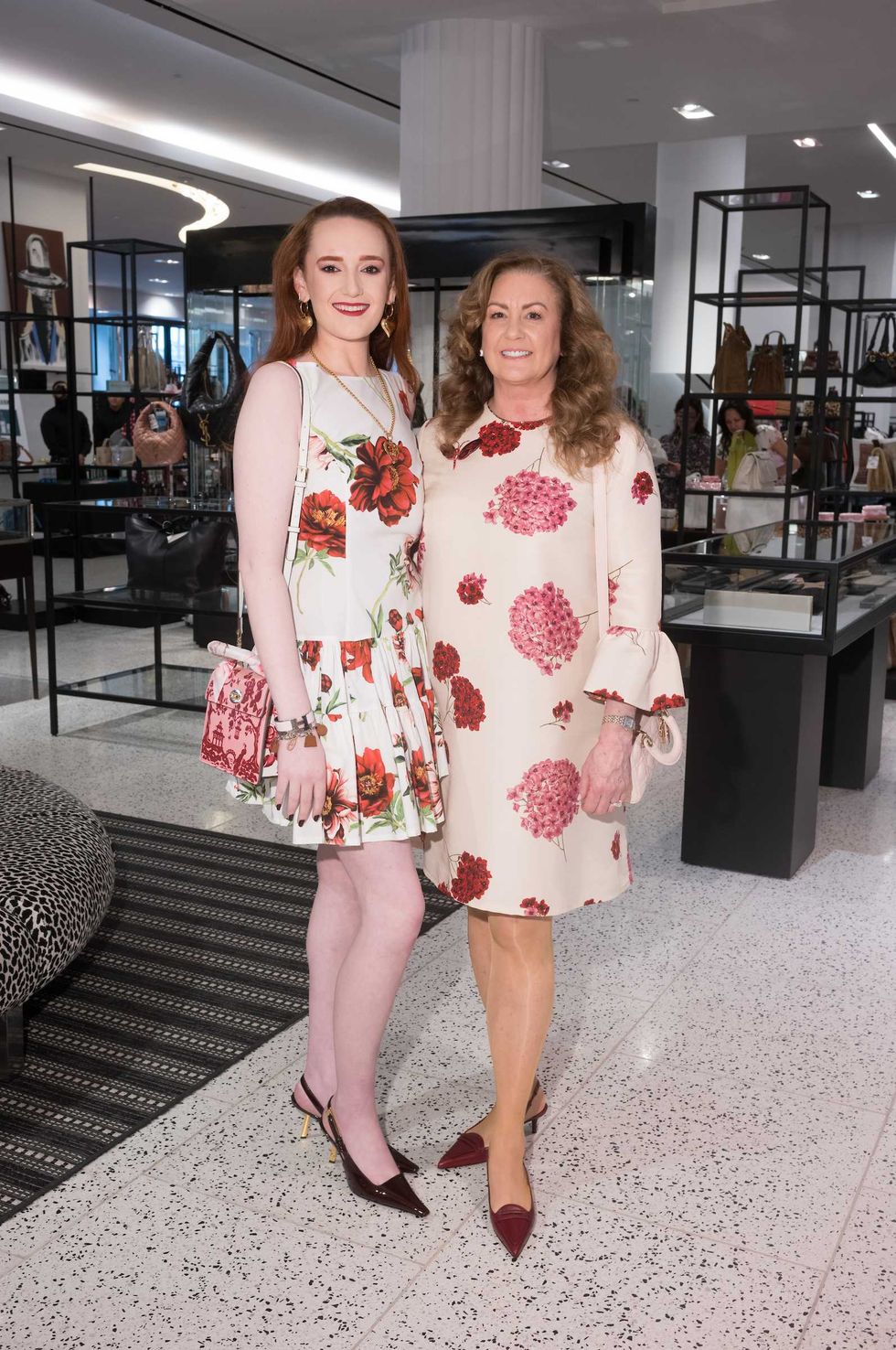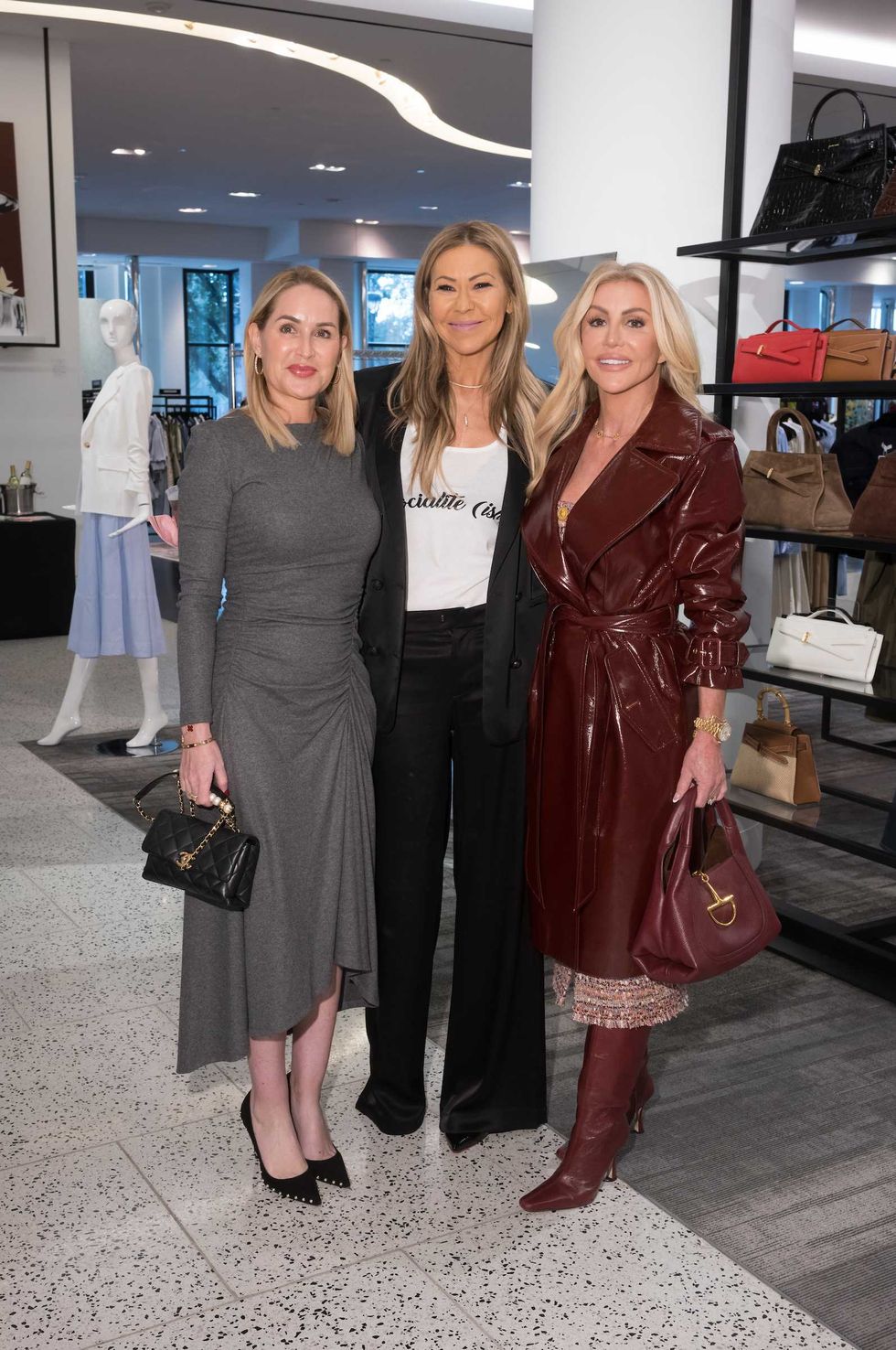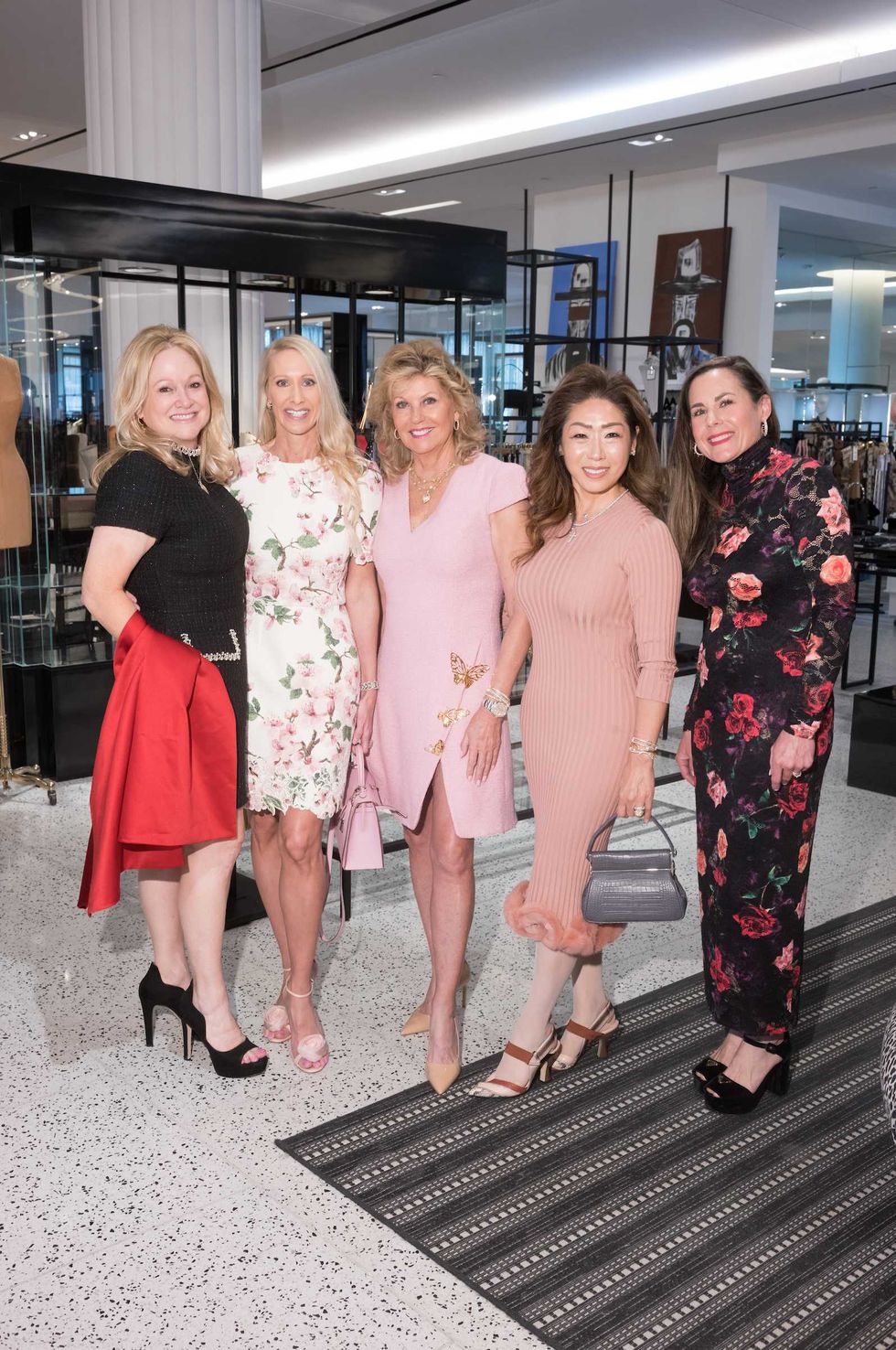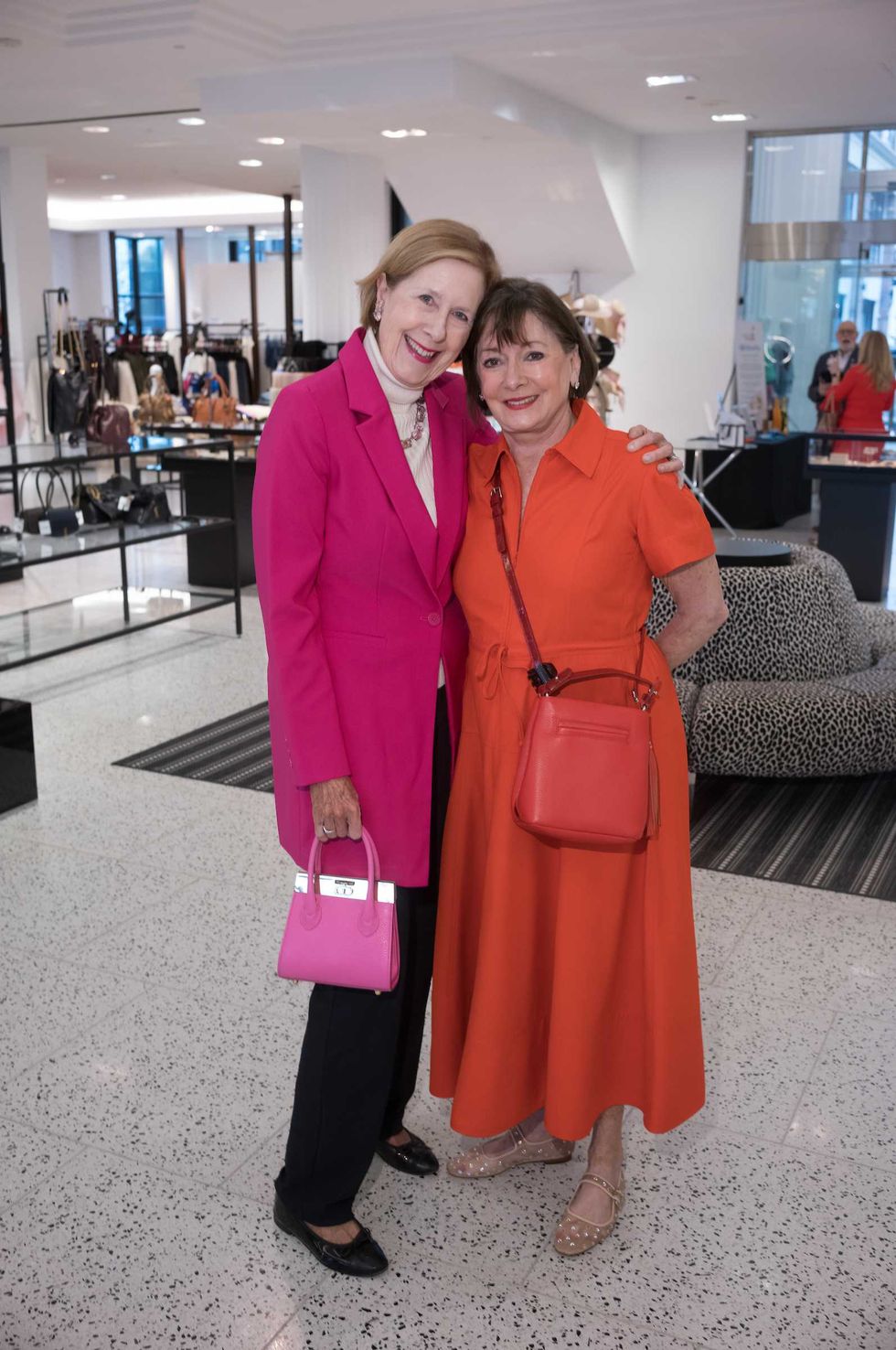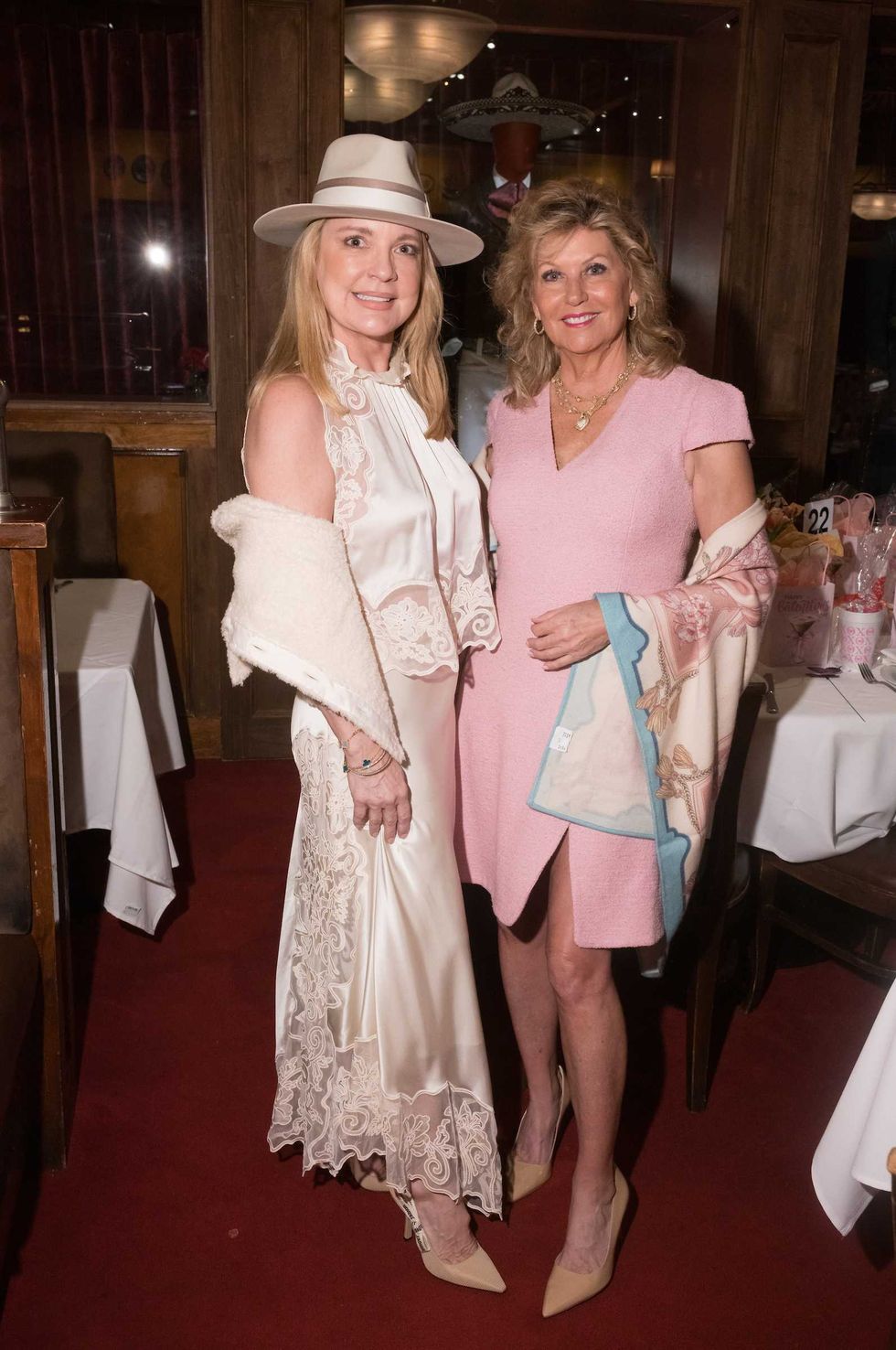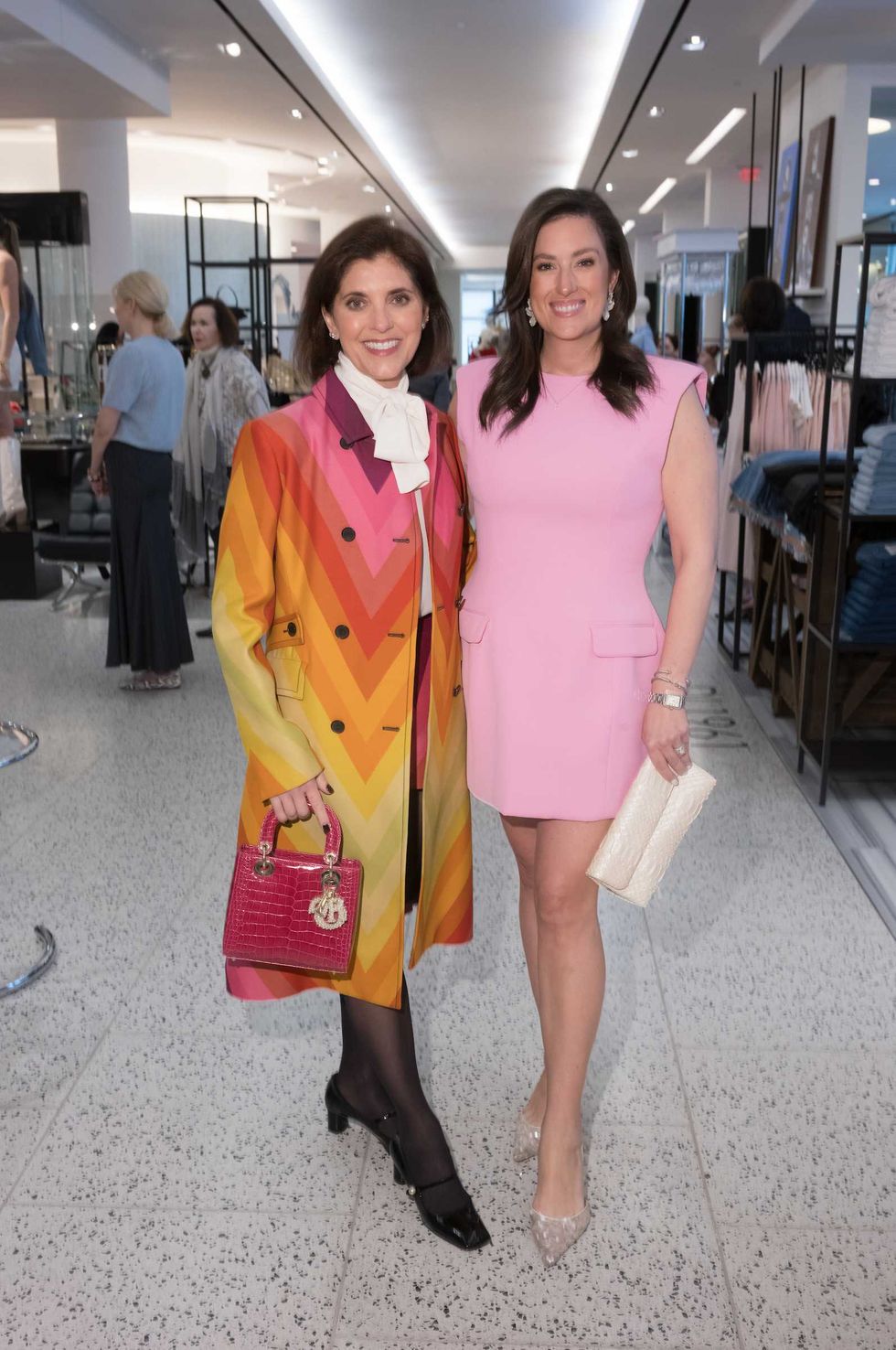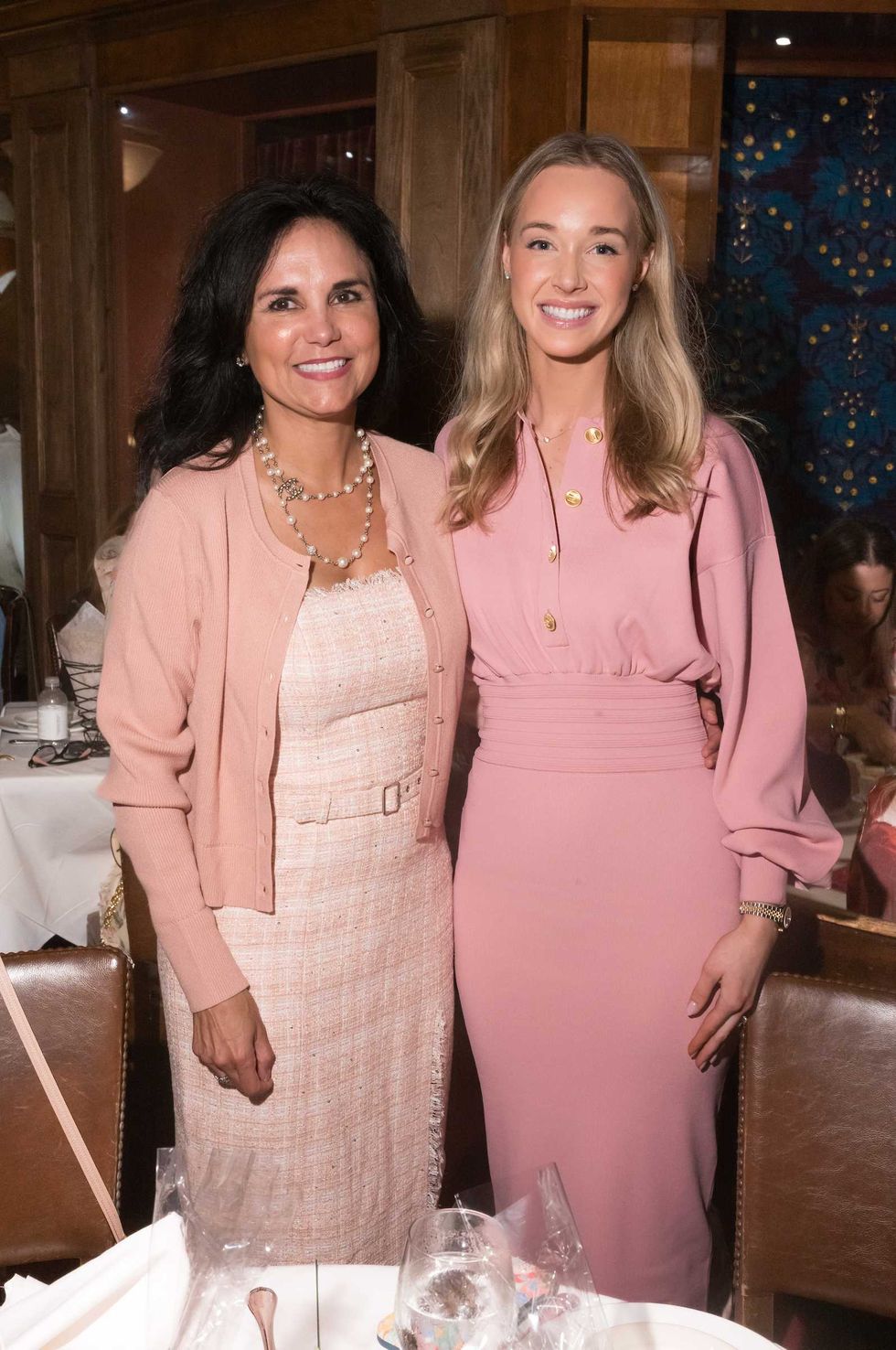Real contributions
The Real Housewives of Houston: New book traces secrets, struggles & triumphs of first "astrowives"
When did Houston become Space City? Was it when the Johnson Space Center opened? Or can the genesis be traced back to when Houston welcomed the Mercury Seven astronauts and their families to town and called them our own?
Those men were heroes to a nation, which also held up their wives as the ideal American women. These “Astrowives” were seen as devoted mothers and helpmates who approved of their husband’s dreams and efforts “a hundred percent,” as John Glenn described of his wife Ann during the first Mercury Seven press conference in 1959.
Fifty years after coming to Houston, the real stories of those amazing women are being revealed with the launch of author Lily Koppel’s book The Astronaut Wives Club in the city where some of the wives lived their happiest days and others found great tragedy.
With their husbands gone for long stretches of work and training, all these women raised their families, kept their homes, and dealt with the press with little support from the men and NASA itself.
At an Astronaut Wives Club tea at Ouisie’s Table attended by astronaut wives Sue Bean, Barbara (Cernan) Butler, Harriet Eisele, Jeannie Bassett and Beth Williams, Koppel explained she became interested in these women’s lives while looking through photos in Norman Mailer’s MoonFire.
Struck by a picture of Apollo 11 wives, Koppel began to wonder about the real stories behind the Life magazine pictures that at best only illuminated the surface of these women’s lives. Koppel set out to find those real stories and three years and many new friendships later, she’s ready to present these no-longer-untold stories to her readers.
Joining the Club
The Astronaut Wives Club begins with that Mercury Seven press conference in Washington in 1959 but immediately moves to the seven wives who, having lived many years as military wives and sometimes struggled to make ends meet, suddently had to instantly adapt to celebrityhood. The book follows the Mercury wives to Houston and introduces the Gemini and Apollo wives as they arrive into the story.
With their husbands gone for long stretches of work and training, all these women raised their families, kept their homes, and dealt with the press with little support from the men and NASA itself.
Perhaps even before the term “rock star” was coined, these women overnight became the wives of rocket stars. NASA demanded their marriages at least appear rock solid, even as some wives forced themselves to ignore their husbands’ infidelity with space groupies. Meanwhile, individually they prayed never to hear that dreaded knock on the door that would change their NASA status from wife to widow.
The Astronaut Wives Club doesn’t skip the women’s personality clashes and rivalries, but readers will also begin to understand how the decade-long reach to the moon forged such life-long bonds between these women waiting back on Earth.
An astronaut's thanks
The day after the Astro Tea, the official Astronaut Wives book launch at the Sam Houston Hotel added Jane Conrad, Betty Grissom and Joan Glancy to the roster of wives coming out to celebrate the book. The event was hosted by Joanne King Herring, who became friends with some of wives during the 1960s and ushered several into Houston society.
“If it weren’t for the wives who committed their lives to what we were doing, I don’t think we would have ever gotten to the moon.”
Among the crowd was Eugene Cernan, the last man to walk on the moon. After Koppel thanked and introduced all the wives present, Cernan took the mike to add his own thanks. Though he first joked he was disappointed there was no “former husbands club” for him to join, his voice cracked with emotion as he told the crowd: “If it weren’t for the wives who committed their lives to what we were doing, I don’t think we would have ever gotten to the moon.”
Cernan’s words and his brief mention of his book made me think back to a conversation I had with Beth Williams at the Wives tea.
The wife of Astronaut Clifton ‘C. C.’ Williams, Beth had been a professional water-skier and AquaMaid at Cypress Gardens before marrying. She even was an extra in a movie starring her hero Esther Williams. In just three years, she went from being the woman who married the first astronaut bachelor, to a pregnant, astronaut widow when the T-38 Williams was flying crashed due to mechanical failure.
After Clifton’s death, Beth Williams stayed in Clear Lake to raise her children and eventually started her own company, TechTrans International, to provide Russian translation and language instruction to NASA for the U.S-Russian space program. She now has 200 employees and was awarded Ernst & Young Entrepreneur of the Year in 2011.
I asked Williams with so many of the astronauts writing books and memoirs why didn’t she or any of the wives?
“It wasn’t my story to tell,” Williams explained, adding that she thought most of the wives probably felt the same. The women just didn’t think their individual stories could be told apart from the others.
These days an astronaut's wife could very well be an astronaut herself, but now these first astronaut wives contribution to the race into space can no longer be ignored.
